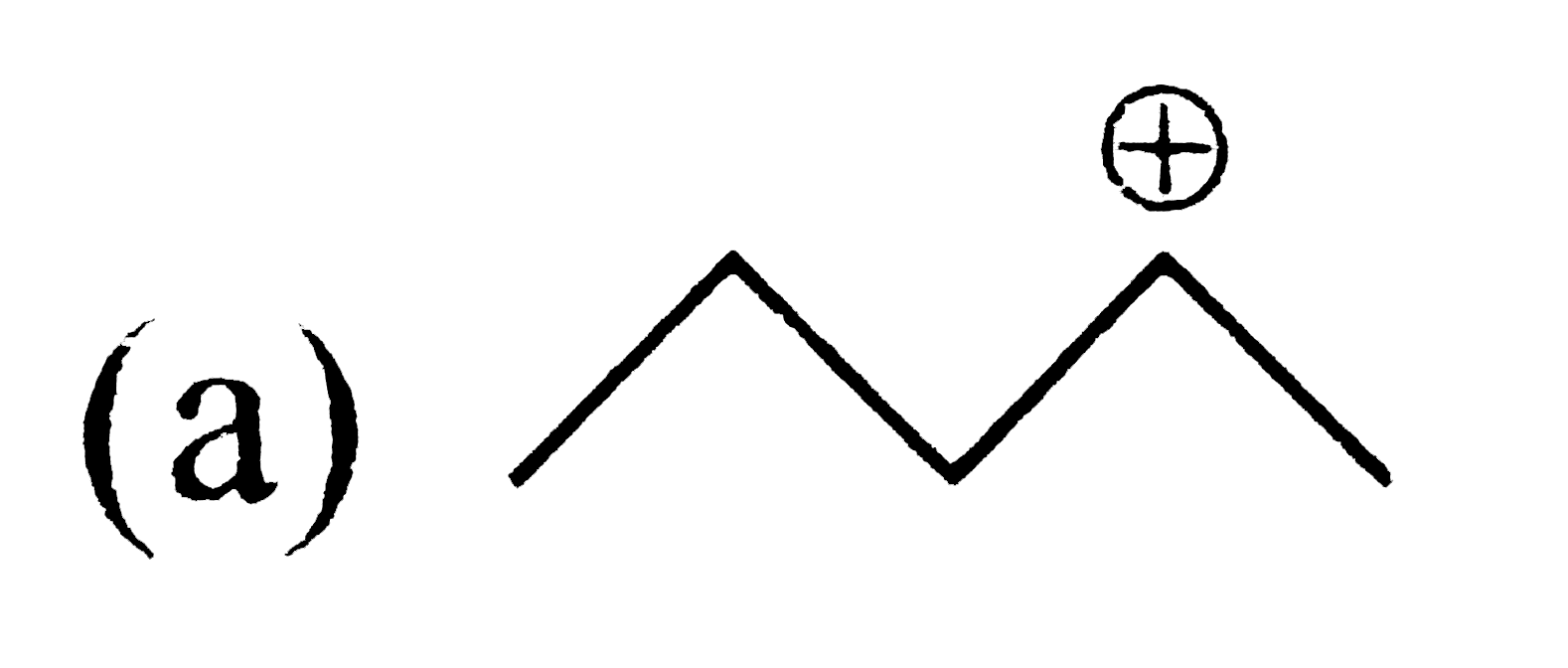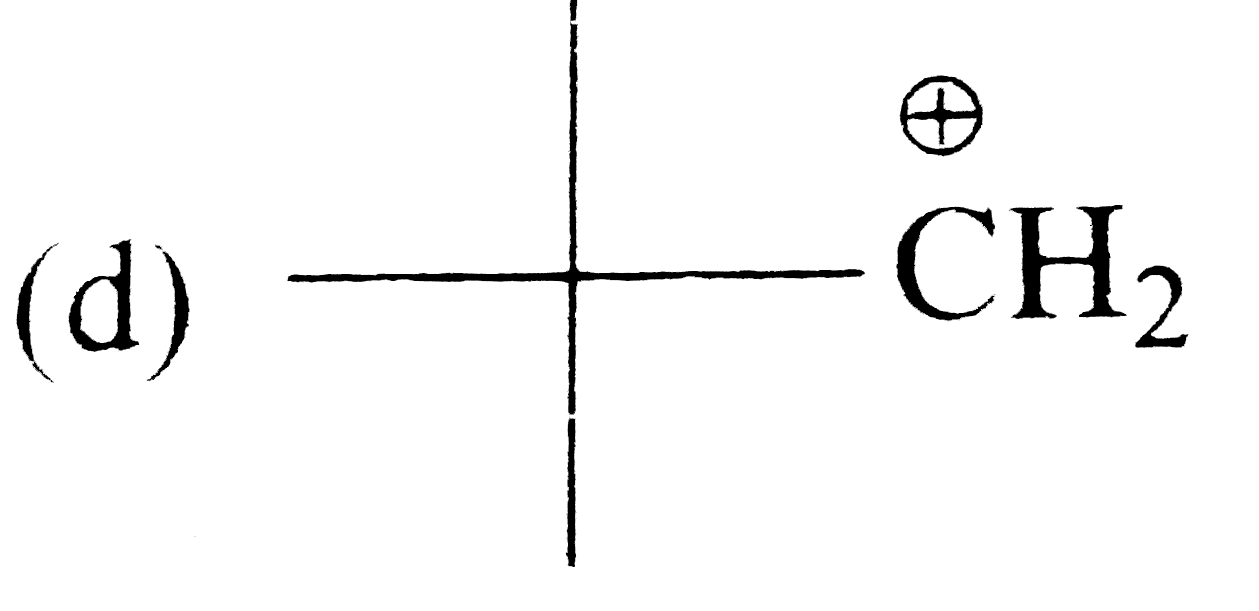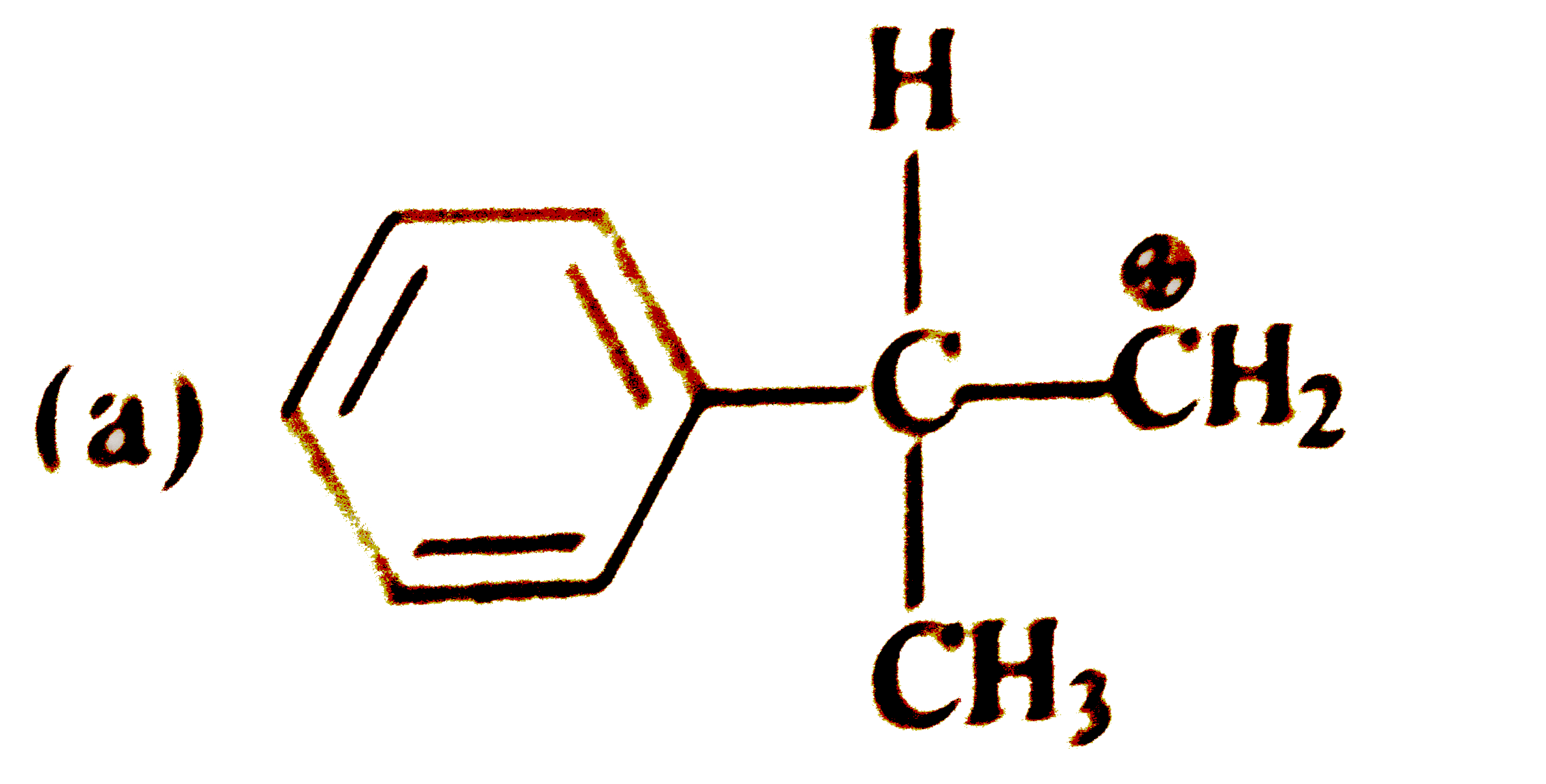Under common reaction conditions, a carboncation rearranges to another carbocation of equal or greater stability. For example secondary carbocation will rearrange to a tertiary carbocation. It will not rearrange to a less stable primary carbocation. This generalization is not absolute, and because there is not is a high energy barrier to the rearrangement of carbocations, rearrangement to a less stable cation can occur if it offers the chance to forme a more stable product.
In the following cation , H/CH3 that is most likely to migarte to the positively charged carbon is :
H3C1−2H∣C∣OH−3⊕C∣H−4H∣C∣CH3−5CH3
A
CH3atC−4
B
HatC−4
C
CH3atC−2
D
HatC−2
Video Solution
Text Solution
The correct Answer is:D
|
Topper's Solved these Questions
- GENERAL ORGANIC CHEMISTRYBOOK - HIMANSHU PANDEYCHAPTER - GENERAL ORGANIC CHEMISTRYEXERCISE - Linked Comprehension Type (Q.26 To Q.27)
2 Videos
- GENERAL ORGANIC CHEMISTRYBOOK - HIMANSHU PANDEYCHAPTER - GENERAL ORGANIC CHEMISTRYEXERCISE - Match The Column
9 Videos
- GENERAL ORGANIC CHEMISTRYBOOK - HIMANSHU PANDEYCHAPTER - GENERAL ORGANIC CHEMISTRYEXERCISE - More Than One Correct (Q.51 To Q.55)
5 Videos
- CHEMISTRY IN DAILY LIFEBOOK - HIMANSHU PANDEYCHAPTER - CHEMISTRY IN DAILY LIFEEXERCISE - Integer Answer Type Problems
7 Videos
- HALIDESBOOK - HIMANSHU PANDEYCHAPTER - HALIDESEXERCISE - Subjective Type Problems
10 Videos
Similar Questions
Knowledge Check
In which of the following cations rearrangement takes place?
A B
B C
C D
D
Under common reaction conditions, a carboncation rearranges to another carbocation of equal or greater stability. For example secondary carbocation will rearrange to a tertiary carbocation. It will not rearrange to a less stable primary carbocation. This generalization is not absolute, and because there is not is a high energy barrier to the rearrangement of carbocations, rearrangement to a less stable cation can occur if it offers the chance to forme a more stable product.
In which of the following cations rearrangement takes place most rapidly?A BCH3H∣C∣CH3−⊕CH2C
BCH3H∣C∣CH3−⊕CH2C D
D
Most stable carbocation in the following
A(C6H5)2⊕CHB(CH3)3C⊕C D
D

